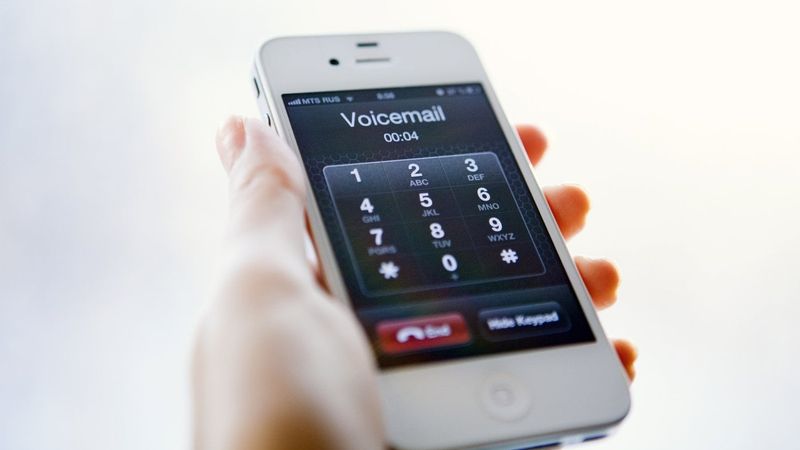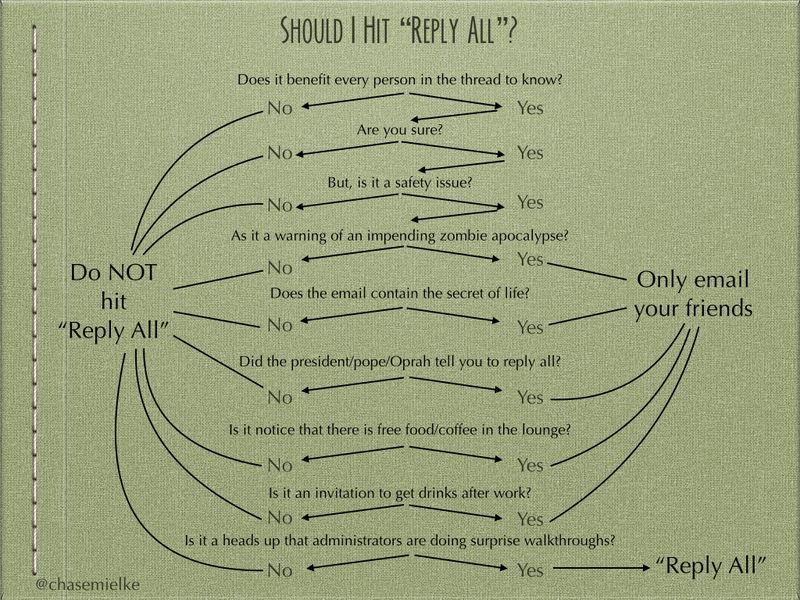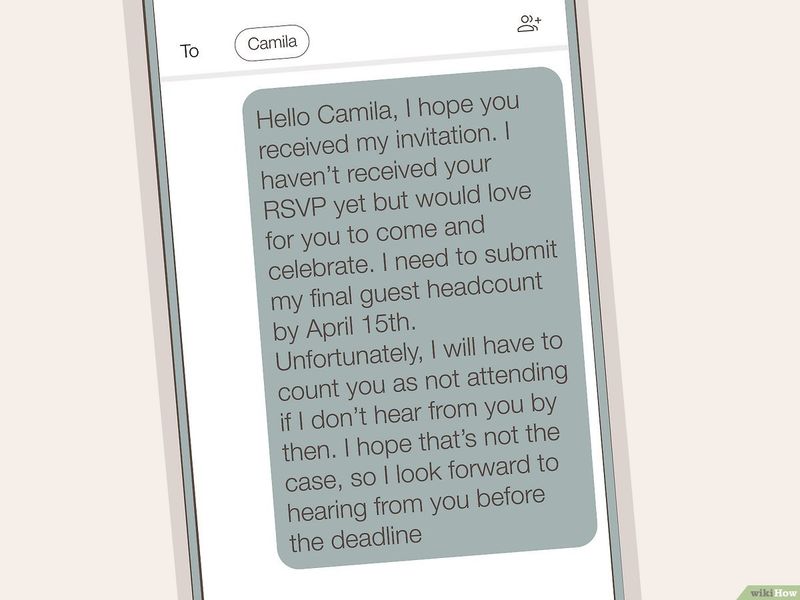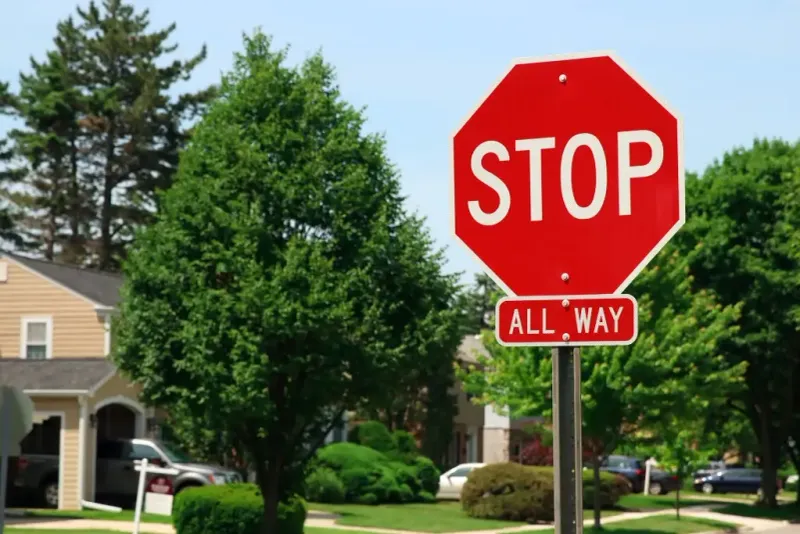Most of us are raised believing that being polite is the golden ticket to connection. But what if some of those “nice” gestures actually make people squirm?
Honestly, we’ve all smiled through an awkward moment, wondered why we felt off after a well-meaning interaction, or wished someone would just skip the pleasantries and get real.
I’m not here to shame anyone—just to say what we’re all thinking, and maybe help you feel a little less alone in the process. Here are 17 polite habits that secretly drive people up the wall. Trust me, nobody’s going to say it to your face, and I think you deserve to know the truth.
1. Cheek Kissing or Hugging Hello
My friend’s mom loved cheek kisses. She’d swoop in, leaving me stiff as a board and wishing for a teleportation device. It’s a gesture loaded with good intentions, but for a lot of us, it’s a panic button for personal space. You can almost see the calculation on people’s faces as they try to decide—dodge or submit?
Some cultures see this as basic manners. But if you grew up in a family that kept hugs for serious moments or you have sensory boundaries, it can feel like a surprise attack. Not everyone wants a familiar squeeze, especially from someone they barely know.
It’s not about being cold; it’s about feeling safe in your own skin. A warm smile or even a friendly wave gets the job done just fine. Let’s not make greetings another social obstacle course.
2. Leaving Detailed Voicemails
Remember when a voicemail felt like a heartfelt letter? These days it’s more like a homework assignment. When I see that little voicemail icon, I brace myself for a mini-lecture I didn’t ask for.
It’s not that people don’t care. It’s just that nobody wants to tap through three minutes of someone spelling out their entire day when a text would do. There’s a reason the delete button is the new reply.
If you ever want to make someone’s eyes glaze over, leave a play-by-play of your afternoon. It’s polite, but it’s exhausting. A quick text keeps things short, sweet, and lets us respond when we actually have the brain space for it.
3. Automatically Saying “Yes”
It’s a rush—hearing someone ask for a favor and your mouth blurts out, “Sure!” before your brain catches up. I used to say yes to everything. Carpool? Yes. Bake sale? Yes. Watch your cat? Sure, I’ll do it all.
Trouble is, those “yeses” pile up like laundry, and suddenly you’re drowning. People mean well, but constant agreeing makes you feel resentful, not generous. No one wants a martyr—they want a real, present friend.
Learn to pause before answering. It isn’t rude. It’s respectful to everyone, especially yourself. Why pretend to be Wonder Woman when you’re two requests away from falling apart?
4. Replying “Thanks” to a Group Email
Ever opened your inbox to find 12 new emails, only to realize they all say, “Thanks!”? It’s like digital confetti that nobody wanted. The first few times it’s fine, but by the tenth reply-all, it feels like someone is shouting into a void.
Most people just want to get the info and move on, not scroll through a parade of polite echoes. It clutters up the day and makes it harder to find what actually matters. I always imagine some poor soul on vacation, checking their phone, and regretting every group project they’ve ever joined.
A direct reply to the sender is smoother. Appreciation is good—just keep it efficient so your gratitude doesn’t turn into inbox overload.
5. Tagging People on Social Media
There’s a particular kind of dread that comes from waking up and seeing you’ve been tagged in a photo you didn’t approve. Maybe it’s a bad angle, or maybe it’s just a private moment you didn’t want blasted online. Either way, it’s not the thrill the tagger intended.
Social media makes it easy to overshare someone else’s life. Just because you’re close with someone doesn’t mean they want their aunt, boss, or high school nemesis seeing every lunch date and goofy selfie. Consent isn’t just sexy—it’s polite.
A quick text—“Mind if I tag you?”—fixes most of it. Respect the digital boundaries. Your memory doesn’t have to be their announcement.
6. Saying “No Worries”
“No worries!” rolls off the tongue so easily, but sometimes it lands weird. It’s meant to be chill, but for some, it rings like, “You did worry me, but I’m pretending I’m fine.” Not everyone gets the casual tone.
People who apologize already feel awkward. Adding a phrase that sounds like a brush-off can make them more self-conscious.
A simple “You’re welcome” o “It’s all good” feels clearer. We don’t always have to perform coolness; straightforward kindness lands better than trendy catchphrases.
7. Apologizing for Every Little Thing
Once I said sorry for someone bumping into me. If you’re nodding, you know the drill. Being overly apologetic is like putting disclaimers on your own existence. It’s meant to keep the peace, but it can make people uncomfortable or feel like they walk on eggshells.
Apologies lose their meaning when used for every tiny thing. Are you really sorry, or are you just afraid of conflict? The sincerity fades, and it becomes background noise.
The hardest part? Breaking the habit means facing the discomfort of sitting with your own presence. But it’s also the first step to being seen as confident and genuine.
8. Showing Up Early
There’s that nervous energy when you arrive early for dinner, standing on the porch, hearing laughter and chaos behind the door. Being early feels polite but puts hosts in a scramble. Nobody wants an audience while they hide laundry or wrangle the kids.
I once had a friend show up twenty minutes early. I answered the door with wet hair and a half-frosted cake. We ended up laughing about it, but mostly I wished she’d waited in the car.
Arrive on time or fashionably late. It gives everyone a chance to breathe—hosts included. On occasion, the best gift is giving people their prep time.
9. Showering Someone with Compliments
There’s a fine line between kindness and overload. I’ve had friends who’d hand out compliments like candy. “Your hair! Your shoes! Your vibe!” And somewhere between the third and fourth compliment, the smile froze on my face.
It’s sweet, but it can feel like being put under a microscope, especially if you’re not used to being noticed. There’s pressure to live up to the praise, or even suspicion—are they being real, or just polite?
A genuine, specific compliment is warm. A constant stream of them feels like standing in a spotlight with no exit. Let people breathe in their own skin, no applause necessary.
10. Being Self-Deprecating
Funny how self-deprecation became a social currency. Someone says, “I love your sweater!” and you go, “Oh, this old thing? It’s from the clearance rack.” It feels humble, but it can make others uncomfortable.
The compliment giver is left hanging, their goodwill deflected. It’s like rejecting a gift in front of the person who wrapped it for you. I used to think it made me relatable, but really, it was just awkward for everyone.
Accepting kindness doesn’t mean you’re bragging. Try a simple, "Gracias. It’s less about ego and more about receiving warmth without filtering it through a joke.
11. RSVPing Informally
Getting an invite should feel special, but informal RSVPs can be a headache for hosts. I’ve seen people send a thumbs up emoji instead of actually responding. Planning becomes guesswork instead of a celebration.
Even if you’re close, the host needs real answers for food, seating, and expectations. A vague “I’ll try” isn’t as helpful as an honest yes or no. There’s real relief in knowing what to expect.
Reply with intention. Use the RSVP method the host picked. It’s a quiet way to say, “I respect your effort.”
12. Sharing a Lot of Personal Information Right Away
Ever been on the receiving end of a verbal avalanche? You meet someone, and suddenly you know all about their ex, their digestive issues, and their last therapy session. It’s vulnerable, sure, but it can catch people off guard.
Oversharing is an attempt to connect quickly, to build trust through honesty. But it can leave the listener feeling responsible for emotions they barely understand.
From time to tiem, the kindest thing is to take things slow. Let relationships simmer. Personal stories mean more when they’re shared at the right time, not all at once.
13. Waving Someone Through at a Four-Way Stop
Driving rules exist for a reason. The urge to be polite at four-way stops—waving others through out of turn—sounds nice but creates gridlock. I’ve been the confused driver, unsure if I’m supposed to go or if it’s some kind of trick.
What starts as a friendly gesture can turn into a drawn-out standoff. No one wants to be the jerk, but everyone just wants to get home. The rules are there so everyone knows what to expect.
The most considerate move is just following the script. Take your turn, wave a quick thanks, and keep things moving. Less drama, more flow.
14. Offering Driving Tips or Directions Without Being Asked
I’ll never forget my aunt riding shotgun, narrating every turn like a GPS with trust issues. Giving directions without being asked—no matter how well-meaning—can be distracting and even embarrassing.
Most drivers want to focus, not defend their every choice. Unsolicited advice feels more like judgment than support, especially in front of others. I’ve gripped the wheel, teeth clenched, wishing for silence.
If someone wants guidance, they’ll ask. Until then, keep the commentary to yourself, and let the driver drive. Peace of mind wins over perfect navigation every time.
15. Offering to Share a Bite of Food
Food sharing can be a love language, but for some, it’s a test of boundaries.
I’ve had friends reach across the table, fork hovering, expecting me to say yes. My first instinct was to tell them “Joey doesn’t share food!” with all my non-existing acting skills. I mean, I just want to eat my own meal without swapping germs.
So, there’s the weight to accept, or risk seeming rude. It’s not about being ungrateful—it’s about comfort. Let people decide without pressure. It’s the difference between thoughtful and intrusive.
16. Ordering for Someone Else
You’re at a restaurant, scanning the menu, and someone else—usually trying to be charming—orders for you. Maybe they think they know your taste, or maybe they just want to impress. Either way, it’s a control move wrapped in politeness.
Having your choices made for you can feel infantilizing. This usually happens on dates. All this does is to make another person wishing for the ground to swallow them whole.
Real consideration is to make space for someone’s preferences. Allow people to order their own food—trust me, it’s way sexier than playing the expert.
17. Being Vague When Asked on a Date
Ambiguity might feel safer, but it’s social quicksand. Someone asks, “Want to go out sometime?” and you say, “Maybe, we’ll see!” It’s not mean, but it leaves everyone in limbo.
I’ve both sent and received these texts. The tension builds, nobody knows where they stand, and plans never materialize. It’s like waiting for an answer that’s never coming.
Clear is kind. If you’re interested, say so. If not, let them move on. Life’s messy enough—love doesn’t need extra mystery.


















